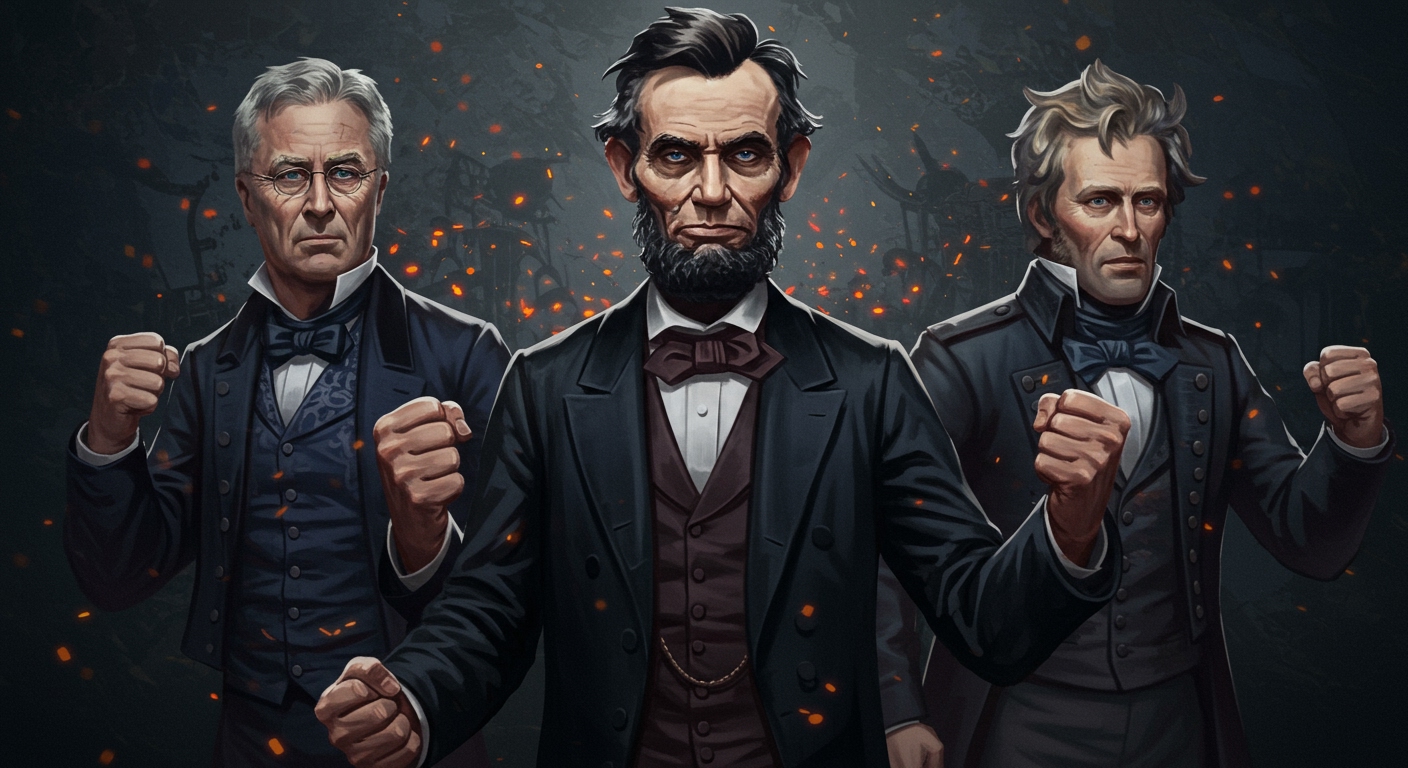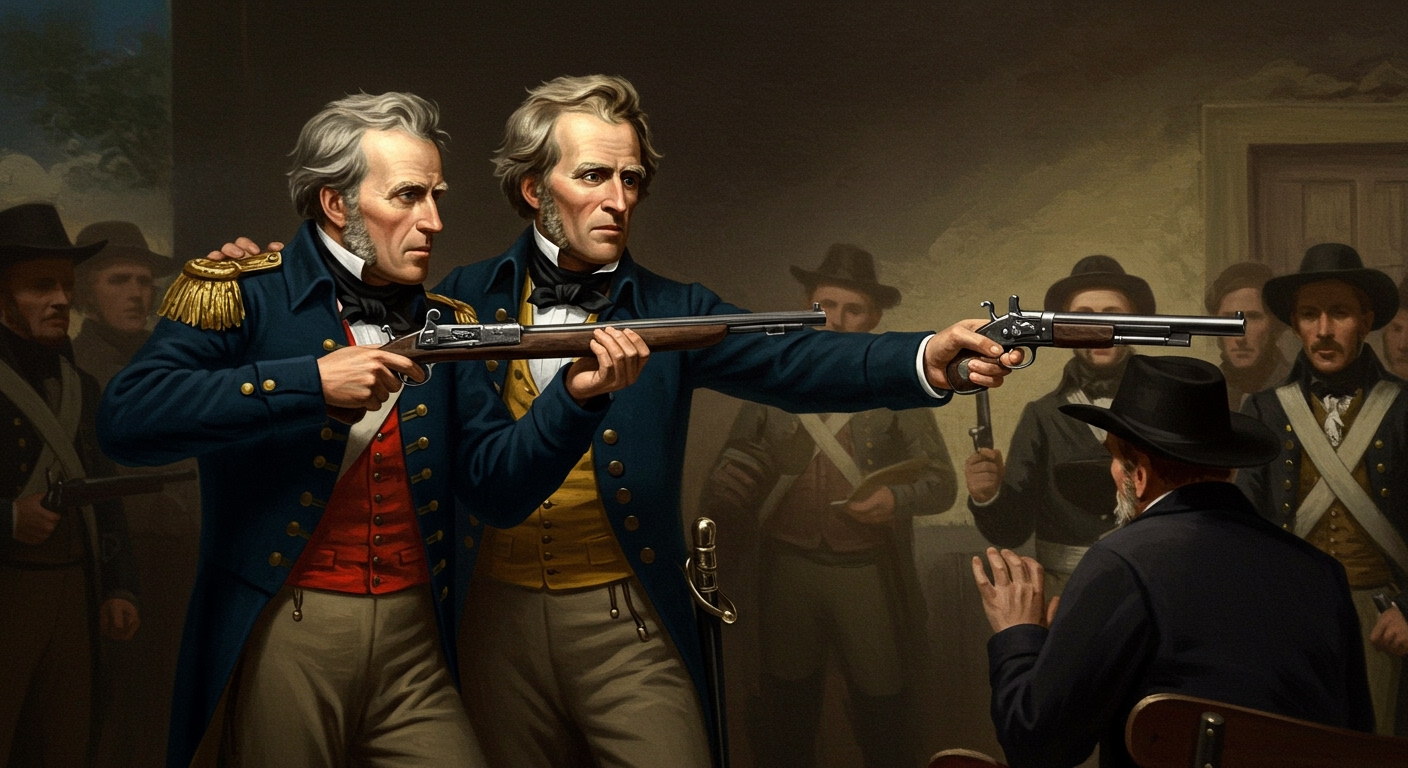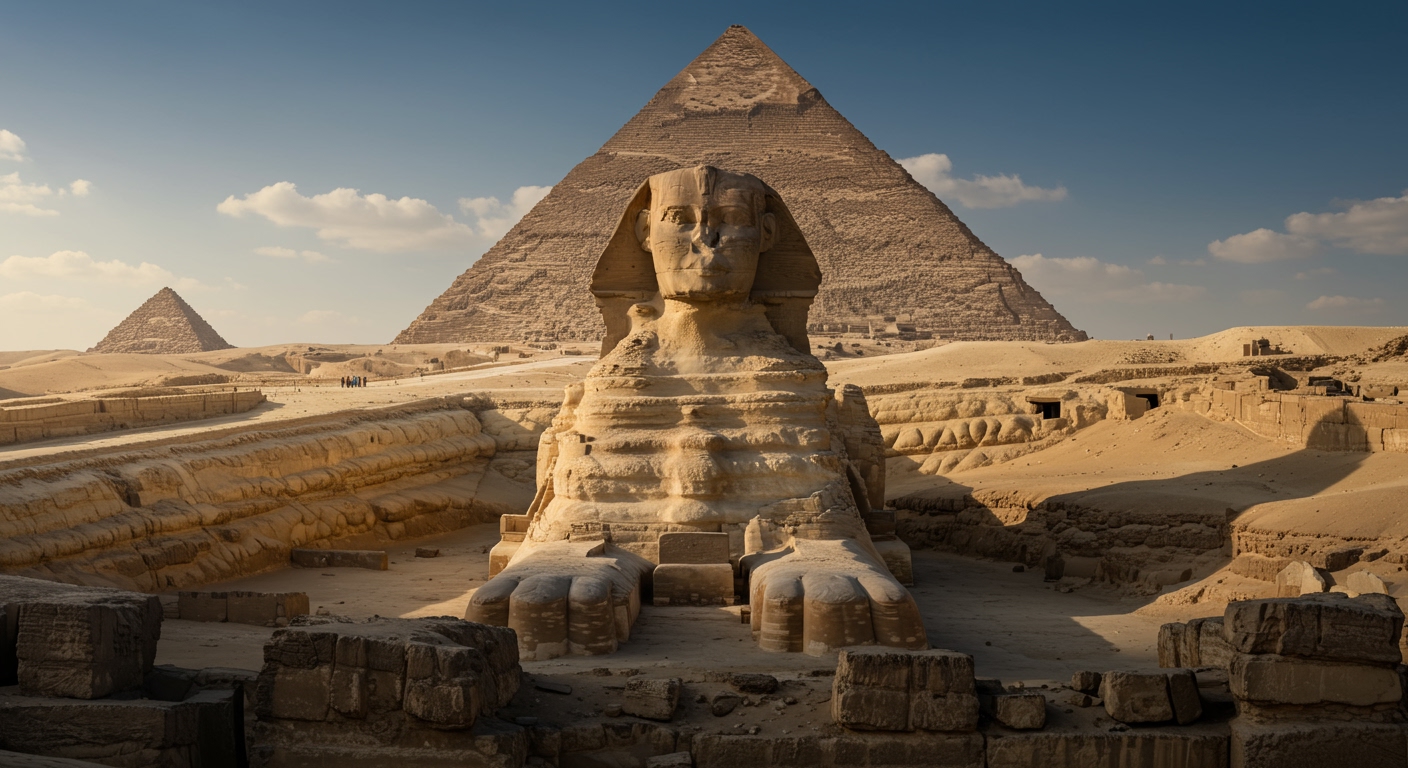Which US President Would Win a Fight? A Historical Battle Royale
It’s a question that has sparked countless debates around dinner tables and in history forums: if our nation’s leaders were to step into the ring, which US president would win a fight? This perennial hypothetical, often infused with both humor and serious historical inquiry, narrows its focus today to the unique blend of leadership, character, and often surprising physical prowess represented by US Presidents.
We’ll delve deep into the physical capabilities, military experience, and documented fighting spirits of various presidents to unearth potential contenders for this ultimate presidential brawl. While the topic is inherently hypothetical and playfully speculative, our discussion is firmly grounded in historical facts and fascinating anecdotes, aiming to explore the hidden dimensions of their resilience and strength.
Defining ‘Winning a Fight’: Key Criteria
To fairly assess which US president would win a fight, we must first establish the criteria. A physical confrontation isn’t just about raw strength; it’s a complex interplay of several factors:
Physical Attributes
- Height and Reach: A significant advantage in any physical encounter, allowing for distance management and powerful strikes.
- Strength and Build: Raw power and a robust physique are fundamental for grappling, striking, and enduring blows.
- Stamina and Endurance: The ability to sustain effort through a prolonged fight, essential for outlasting an opponent.
Combat Skills & Experience
- Hand-to-Hand Combat Training: Formal training in wrestling, boxing, or martial arts provides technique and discipline.
- Military Service and Combat Experience: Direct exposure to high-pressure, dangerous situations can hone instincts and mental toughness.
- Experience in Duels or Brawls: Real-world altercations, however informal, indicate a willingness and capability for physical engagement.
Intangibles
- Temperament and Aggression: The mental fortitude to engage, absorb punishment, and push forward.
- Resilience and Pain Tolerance: A critical factor in continuing to fight despite injury or fatigue.
- Strategic Thinking: Even in a physical confrontation, the ability to anticipate, plan, and adapt can be decisive.

The Heavyweight Contenders: Top Picks for a Presidential Brawl
Now, let’s meet the main contenders in our presidential battle royale. These are the figures most often cited when considering which US president would win a fight.
A. Abraham Lincoln: The Legendary Grappler
Standing an imposing 6’4″ with a lanky but powerful build, Abraham Lincoln possessed a significant physical advantage. His legendary wrestling prowess is perhaps his most well-known athletic attribute; he reportedly had an astonishing 299-1 record in 300 matches over 12 years in “collar and elbow” wrestling, earning him a place in the National Wrestling Hall of Fame¹. Stories abound of his incredible strength, including tales of him lifting heavy objects and effortlessly throwing aggressive townsmen a dozen feet. Lincoln’s reach, strength, and grappling technique make him a formidable opponent.
B. Theodore Roosevelt: The “Rough Rider” and Martial Artist
Theodore Roosevelt embodied a relentless spirit and a commitment to physical excellence. A true combat sports enthusiast, he practiced boxing extensively, even during his time in the White House, until a detached retina left him partially blind in one eye². More remarkably, Roosevelt achieved a 3rd Brown rank in Judo, making him one of the first US presidents to formally study a martial art. His military leadership of the “Rough Riders” in the Spanish-American War, culminating in the charge up San Juan Hill, further solidifies his combat credentials. Roosevelt’s unwavering toughness was famously demonstrated when he continued a speech after being shot, a testament to his incredible resilience and pain tolerance³.
C. Andrew Jackson: “Old Hickory” the Duelist and Brawler
Andrew Jackson, affectionately known as “Old Hickory,” was a man defined by his ferocity and willingness to engage in direct conflict. His dueling record is legendary; he participated in numerous duels, most famously killing Charles Dickinson in 1806 after being shot himself⁴. Beyond formal duels, Jackson was no stranger to physical altercations, involved in tavern brawls and once famously beating an assassin with a cane. As a combat veteran of the War of 1812 and the Indian Wars, his military background cemented his reputation for unyielding determination. His resilience was extraordinary, carrying a bullet near his heart for the rest of his life from a duel. Jackson’s experience in deadly encounters and his sheer ruthlessness make him a terrifying opponent in any presidential fight.

Dark Horses and Other Notable Contenders
While Lincoln, Roosevelt, and Jackson often dominate the discussion, several other presidents possess attributes that would make them intriguing contenders in a presidential combat scenario.
A. George Washington: The Colonial Grappler
Even the Father of His Country, George Washington, had a reputation for youthful strength. He was proficient in “collar and elbow” wrestling and was reportedly a champion in his youth. His athletic build—tall, thin, and strong—combined with his leadership of the Continental Army through harsh conditions, suggests a man of immense physical and mental fortitude. A foundational figure whose physical prowess is often overlooked.
B. Gerald Ford: The College Football Star
Gerald Ford was an elite athlete, playing center and linebacker for two national championship-winning Michigan Wolverines football teams. He even received NFL offers⁵! Ford maintained an active lifestyle throughout his presidency with swimming, skiing, and tennis, indicating sustained fitness and physical capability. His strength, strategic thinking, and experience in high-impact sports would make him a challenging opponent.
C. Ulysses S. Grant: The Battlefield Wrestler
Ulysses S. Grant, a decorated General in the Civil War and veteran of the Mexican-American War, possessed extensive military combat experience. Anecdotes suggest he also engaged in wrestling during his military career, hinting at a practical, no-nonsense approach to physical encounters.
D. Barack Obama: The Taekwondo Practitioner
Bringing a modern edge to the list, Barack Obama earned a green belt in Taekwondo. Known for his basketball skills and regular workouts, Obama represents the fit, contemporary presidential athlete. His martial arts training provides a disciplined approach to combat, distinguishing him from many of his predecessors.
E. Other Mentions
- Rutherford B. Hayes: Wounded four times in Civil War combat, demonstrating incredible battlefield resilience.
- Zachary Taylor: “Old Rough and Ready,” with extensive combat experience throughout his military career.
- Thomas Jefferson: A practitioner of Canne de Combat, a French stick-fighting martial art, showcasing a unique historical combat skill.
Conclusion: And the (Hypothetical) Winner Is…
When asking which US president would win a fight, Lincoln, Roosevelt, and Jackson consistently stand out due to their documented fighting skills, unparalleled combat experience, and sheer force of will. A nuanced look reveals that the victor might depend on the scenario:
- Abraham Lincoln, with his immense reach and legendary wrestling dominance, would likely prevail in a grappling match.
- Theodore Roosevelt, combining trained boxing and Judo skills with an absolutely relentless spirit, would be a formidable foe in a stand-up fight, his toughness hard to break.
- Andrew Jackson, with his deadly dueling experience and proven willingness to engage in brutal, no-holds-barred altercations, might be the most dangerous in a true street fight or duel to the finish.
Ultimately, this enduring appeal of “presidential combat” allows us to explore the often-overlooked physical and mental toughness of our leaders, reminding us that behind the political titles were men of remarkable strength and character. It’s a fascinating way to explore the hidden dimensions of presidential history and ponder the hypothetical power of these White House tough guys.
References
- ¹ Abraham Lincoln: National Wrestling Hall of Fame
- ² Theodore Roosevelt’s White House Boxing
- ³ Theodore Roosevelt: Shot, But Still Spoke
- ⁴ Andrew Jackson’s Dueling History
- ⁵ Gerald Ford: NFL Offers and Athletic Career
END



